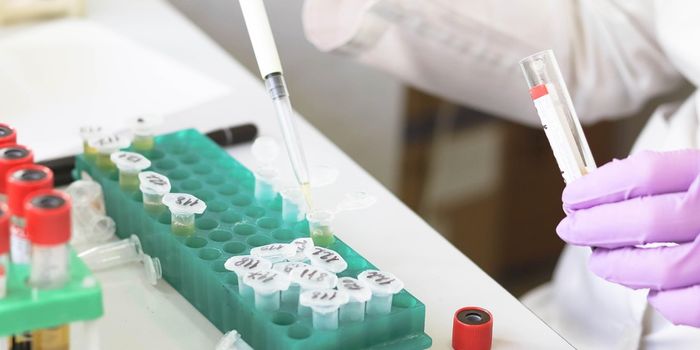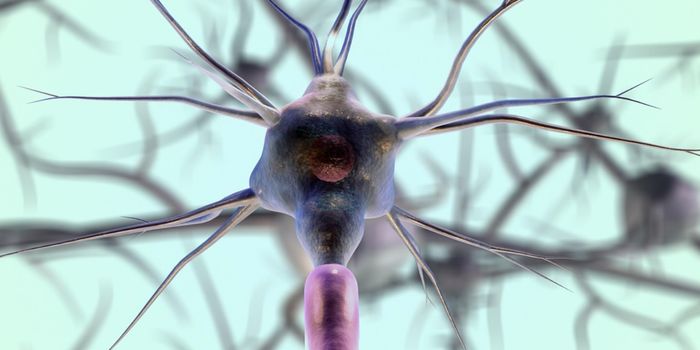A New Form of Antibiotic Resistance is Discovered
Antibiotic resistance is a growing problem; antibiotic resistant microbes already kill tens of thousands of people around the world every year, and the number is only expected to rise as more common microbes gain resistance, and more pathogens may emerge. Now scientists have discovered a novel type of antimicrobial resistance (AMR).
Reporting in Nature Communications, researchers found a process bacteria use to import crucial nutrients from their host, which allows them to bypass the effects of some antibiotics. The discovery was made when scientists were investigating group A Streptococcus, common microbes that are often harmless, but which can also cause serious infections.
Like other organisms, bacteria need certain nutrients, such as folate, to grow and survive. There are antibiotics that work by blocking folate production in bacteria, which was thought to seriously impair the microbes. But, the researchers have found that a bacterial cell can take folate up directly from a human host when it's unable to make folate itself.
"This makes the antibiotic ineffective and the infection would likely worsen when the patient should be getting better," said study leader Dr. Timothy Barnett, Head of the Strep A Pathogenesis and Diagnostics team at the Wesfarmers Centre of Vaccines and Infectious Diseases, based at Telethon Kids Institute in Perth, Western Australia.
This form of AMR also cannot be detected with routine tests, many of which look for antibiotic resistance genes. So it is extremely challenging for clinicians to know what antibiotics to prescribe when presented with an infection like this, which could lead to premature death, added Barnett.
"Unfortunately, we suspect this is just the tip of the iceberg. We have identified this mechanism in group A strep but it's likely it will be a broader issue across other bacterial pathogens," said Barnett.
The work has also highlighted the complex nature of antibiotic resistance, and has shown that we may not be fully aware of how it can work.
The World Health Organization suspects that by 2050, AMR will cause about 10 million deaths per year. It may also disrupt people's ability to get surgery, because infections are a common complication.
The study authors noted that researchers have to continue to investigate resistance so we can stop it from spreading, and diagnose it in pathogens. Preventive measures that are aimed at stopping infections are also more important than ever.
Sources: Telethon Kids Institute, Nature Communications









